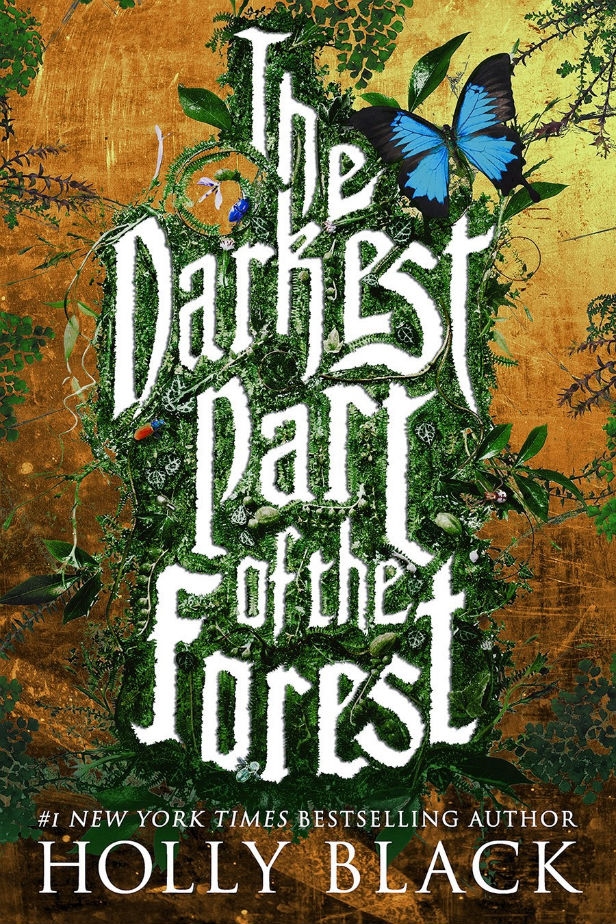Despite a scattered first few chapters focusing on angsty teens, The Darkest Part Of The Forest soon embraces more exciting fare: the magical folk that live in the forest of Fairfold getting increasingly violent towards their human neighbours. Enter Hazel, a tinted lip balm-wearing teen who likes to kiss boys and not much else, or so it seems. But Hazel has dreams of being a knight, fighting back the darkness in the woods, though it takes a while to believe it from the melodrama surrounding all the kissing, which we wish had taken a back seat to the action. It’s one of those cases of characters talking too much about who they are instead of showing us.
It’s a shame, because there are a lot of interesting stories here – a gay character struggling with a magical gift, a half-Faerie boy conflicted in his identity – but too much time is spent in conversation or memories. Some of the strongest of these, primarily in relation to childhood and growing up, are engaging, but Hazel herself seems one-dimensional, and it’s only through having others describe her as wild and strong that we get to know what we’re supposed to think of her. While the intent was clearly to build up the character over the course of the story, with the reader being needlessly drip-fed secrets, there’s just not enough realistic substance to hold her conflicting characteristics together.
It’s all the more disappointing because the action-based scenes are vivid and memorable. Although jarring at first, the combination of modern-day life and folk tales is convincing due to the several unnerving little ways that this town has adapted to living so close to these tricksy creatures. The darker, magical sections are also enchanting and eerie, but within this carefully constructed world, the characters spend far too long having unrealistic conversations and keeping unnecessary secrets. It fares better upon a second reading, but ultimately the frustrating pace and rushed characterisation let this one down.
